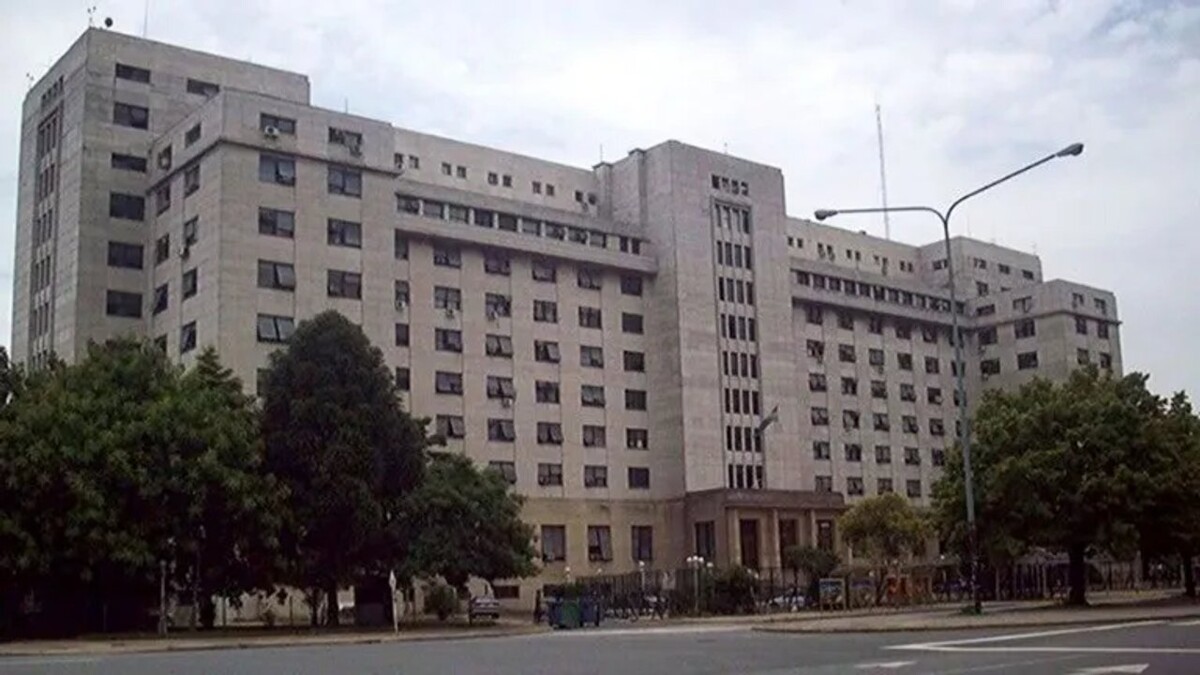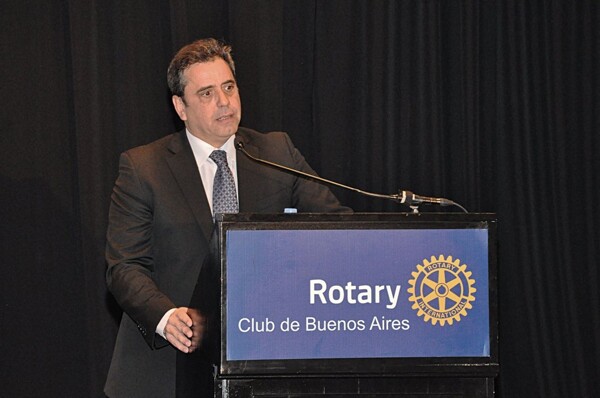
The defense for the Kovalivker family, owners of the Suizo Argentina pharmacy, has filed an appeal against the court's decision to reject their motion to nullify the case. The family's lawyer, Martín Magram, claims the case was based on «doctored recordings, obtained illicitly or even created by artificial intelligence». The case stems from audio recordings of former head of the National Disability Agency, Diego Spagnuolo, which the defense claims were illegally obtained. In these recordings, the Suizo Argentina pharmacy was mentioned as part of a bribery scheme, and there were also references to President Javier Milei's sister, Karina Milei, and Eduardo "Lule" Menem. The Federal Chamber of Buenos Aires has rescheduled the hearing for next Thursday, November 6th, at the request of one of the parties. The hearing will mark the first time the court intervenes in the ANDIS case, which investigates alleged bribes paid by pharmacies for medication purchases for the disability sector. The judges must decide whether to uphold the rejection of the nullity motion; if they do, the investigation will proceed. On October 9th, Federal Prosecutor Franco Picardi requested 25 simultaneous raids on pharmacies and private residences, citing serious irregularities and manipulation in the purchase of high-cost medications for the Disability Agency. Federal Judge Sebastián Casanello rejected the Kovalivker brothers' nullity motions, siding with Prosecutor Picardi, who called the motions «erroneous» and «contradictory» and claimed their purpose was to «hinder an incipient investigation».














